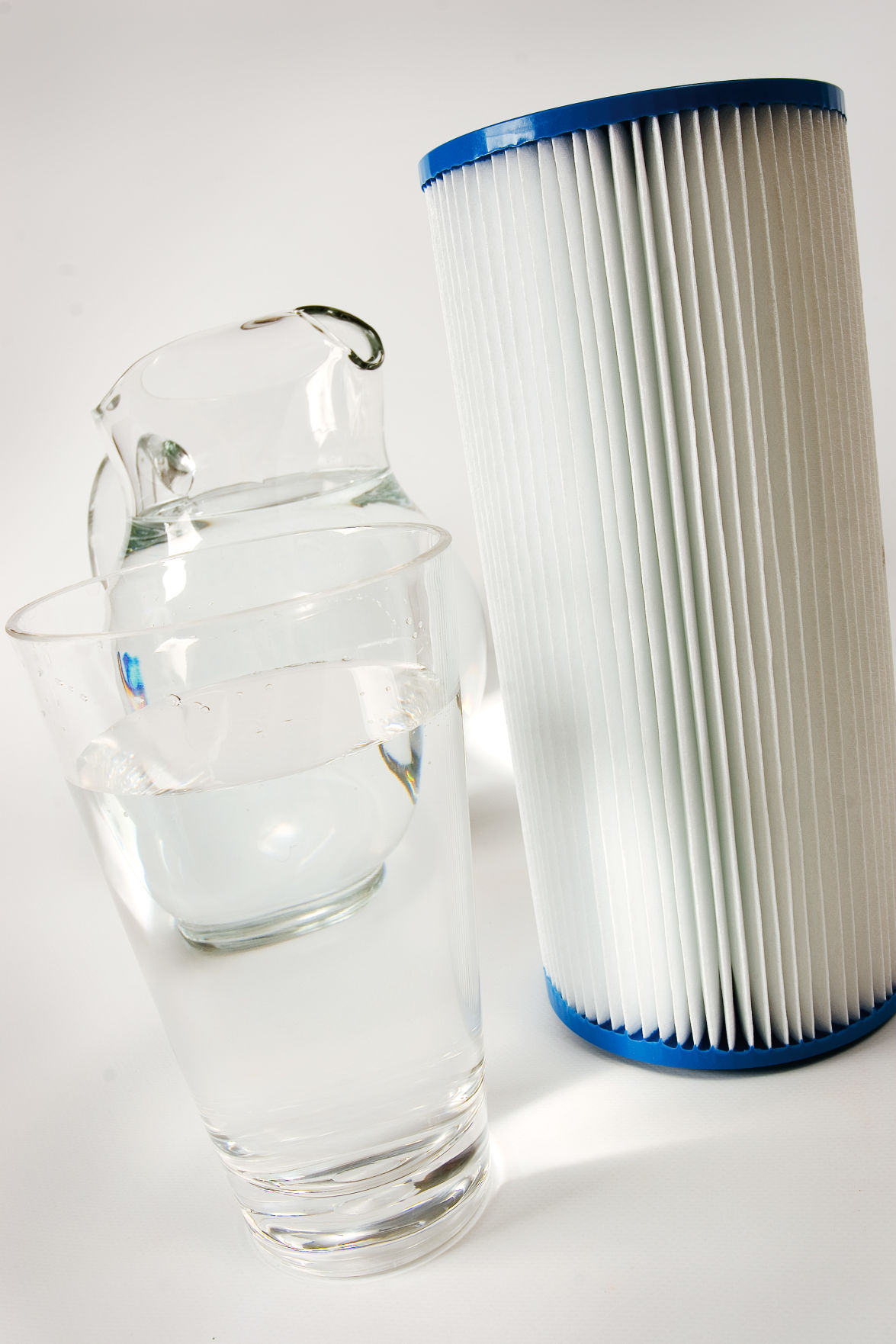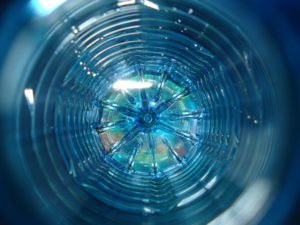
Water is life; when you hear this statement it doesn’t always talk about the water around you. It also means that water is a highly significant part of your body and the body necessarily needs it. That is why you should take sufficient water every day.
Talking about the types of water, there are some terms that we often hear such as purified water, distilled water, and regular water. Some people get confused on these types and cannot decide which is the best type to use the water for drinking.
This article is a guideline on the differences of water types to find out which is the most suitable type of water to use.
Purified water
Purified water is used to remove impurities by filtration or any process i.e. chemicals, contaminants etc. Purified water is made from the regular groundwater or the tap water. The purification of water removes many types of the impurities such as;
- Bacteria
- Fungi
- Parasites
- Algae
- Metals
- Chemical pollutants
Techniques to purify water
Using several methods that can be operated commercially or at home for domestic usage does the purification. In most of the countries, the publically available water is usually purified already. It makes it safe for human health.
The water purification standards vary in different parts of the world. Typically these processes are carried out by the governmental regulations following the international standard of purification.
Even after all this, it is estimated by the report of WHO that nearly 2.1 billion population lack an access to clean water drinking. In all these areas where public water is not clean, several methods of purification are used such as;
- Coagulation and flocculation
This process adds positively charged chemicals to the water. They bind to the negatively charged particles and are easily filtered out this way.
For the large size particles, the residues sets at the bottom of the water container and the clear water are separated from the impurities.
The water from the topside flows through many filtration processes. These may include sand, charcoal, and gravel. By filtration, the contaminants like bacteria, dust, chemicals, and viruses are removed.
This is a chemical purification that uses disinfectants such as chlorine. Chlorine is added to the water and it kills most of the microbes and contaminants in water.

Benefits of purified water
You may think that tap water is safe to use in many areas but tap water still has a chance of having contaminants in trace amounts. The water safe for human usage must follow the legal limitation by the US Environmental Protection Agency (EPA) for having only 90 contaminants in drinking water.
The purified water is free from heavy metals like lead and copper. These are otherwise very toxic to health. The purified water is also free of chemicals and other contaminants that may affect your health.
However, there are a few considerations that need to be addressed for water purification.
- Water upkeep
- Proper removal of contaminants
- High maintenance cost
- Waste
Distilled Water
Though not commonly believed the distilled water is a type of purified water. It just follows another process of distillation for removing the impurities. Distillation is a process in which water is boiled and steam is collected. This steam is returned back to the water after cooling.
This process is highly effective for removing contaminants such as bacteria, viruses etc. This form of water is extremely pure. It is more often used in medical facilities and research laboratories.
Benefits of distilled water
Water distillation is the best way to remove all the contaminants that pollute the water. The amounts of pesticide and presence of other chemicals in water sources is mainly determined by where you live. It also depends on local bodies regulating the water safety in your specific area.
There are no contaminants in distilled water. It is very helpful for people with a weaker immunity that are at a higher risk of disease attack. It removes the impurities that possibly cause this contamination.
While distilled water is pure and safest of all it may not be healthiest of all. The process of distillation removes many harmful contaminants. But on the other side, it is not particular in this action. Which means, it also removes the natural minerals and electrolytes found in water.
It means that the beneficial minerals such as calcium, magnesium are also removed during this distillation process. You may not know this but distillation removes around 99.9% of all the minerals in tap water.
Although water is not believed as a good source of minerals a decreased number of minerals may negatively impact the health. One risk with using distilled water is that it removes fluorine from the water.
In this way, it becomes unhealthy for those that are at a high risk of cavities. It is suggested to follow a proper dental hygiene in case an individual is planning to use distilled water.

Which type of water should you use?
In most of the cases, public drinking water is safe for use. It usually has strict contaminant limits, which are set by the health regulatory authorities. But there is still a chance to get affected by the natural sources, human activities that damage the quality of water.
The best idea is to buy an in-home water purification system. For the people with the weak immune system, purified water is the best. As distilled water may make them more susceptible to the diseases.
In all those countries where water contamination is a big problem, the alternative is to use bottled water that could be either distilled or purified. There are many types of purification plants that may help you.
Some of them are charcoal infused filtration and UV filters. These filters remove the impurities that are left behind in basic purification. It shows the effect of the purification plant.
When a regulatory authority governs the water quality, the water quality and safety is not a problem. An individual can drink the tap water too and it is safe for usage.
If you are doubtful about the quality of your tap water the best idea is to test the water by buying a home kit for water testing. You may also take help from a water-testing agency in your area. Then you can decide which type of filtration plant to buy.

Purify your water at home
Purification at home is a better idea than buying bottled water. It is a one-time investment that saves the continuous cost of buying bottles of water. The household treatment units are helping to improve the taste and odor of the tap water.
One option is Point of use (POU) treatment system that only purifies the water for drinking and cooking. Another type of treatment system is called Point of entry or (PUE) and it is applied to all the water that is available in the house.
Some of the most in-home water filtration systems use these techniques.
- Filter plant
- Reverse osmosis
- UV lights
Regardless of which option you select, it is better to look for the brands that come with certification by your native regulatory authority. For example, the authoritative body in the S is American National Standards Institute (ANSI) and NSF International.
Conclusion
The availability of clean water is necessary for a good health. While most of the public drinking water is safe for use, it is better to drink the purified water.
Purified water is comparatively safer and may decrease contact with pollutants that are normally found in tap water. Remember that quality of water is varied in every area. This is a major determining factor to decide using the tap water or purified water.
Original Source: https://reportshealthcare.com/what-is-the-difference-between-purified-distilled-and-tap-water/
Original Date: March 19 2018
Original Author: Nancy Walker







